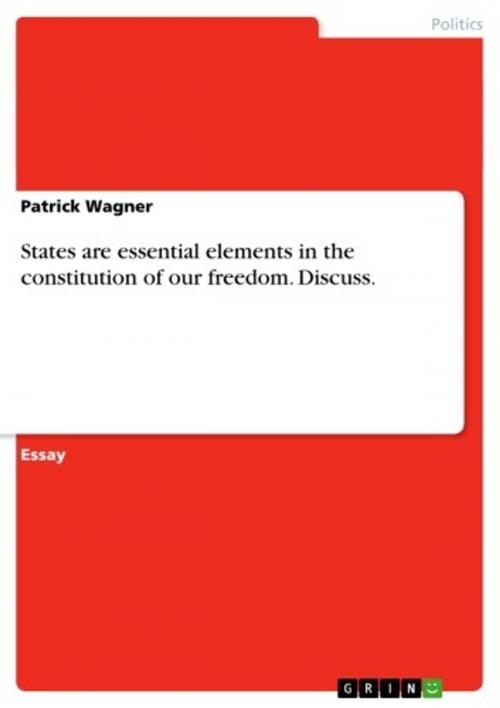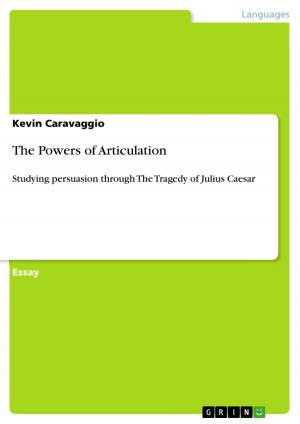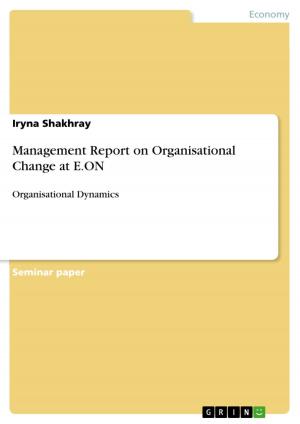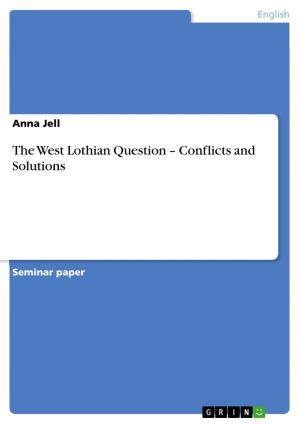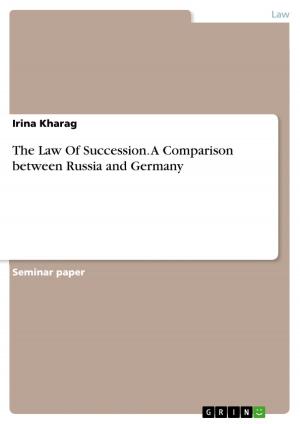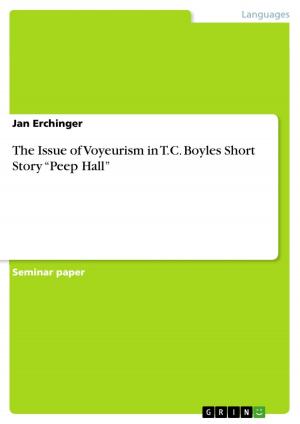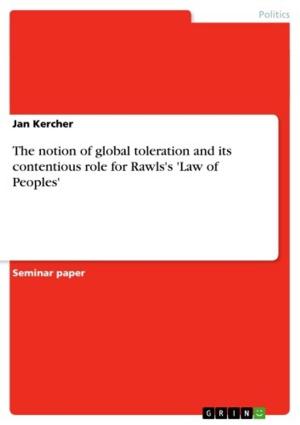States are essential elements in the constitution of our freedom. Discuss.
Nonfiction, Social & Cultural Studies, Political Science, Politics, History & Theory| Author: | Patrick Wagner | ISBN: | 9783638231978 |
| Publisher: | GRIN Publishing | Publication: | November 20, 2003 |
| Imprint: | GRIN Publishing | Language: | English |
| Author: | Patrick Wagner |
| ISBN: | 9783638231978 |
| Publisher: | GRIN Publishing |
| Publication: | November 20, 2003 |
| Imprint: | GRIN Publishing |
| Language: | English |
Essay from the year 2002 in the subject Politics - Political Theory and the History of Ideas Journal, grade: 1+, University of Kent (Department of Politics and International Relations), 6 entries in the bibliography, language: English, abstract: The moral standing of states is one of the most essential issues in contemporary international relations. Wars have been fought and lives have been lost in the name of the state. A majority of people seems to value states very highly, or they would not be prepared to give their lives for the protection of the state. Being a member of a state must thus have a number of valuable advantages and generally be regarded as a good thing. But is also evident that not every state will do for every group of people. In the struggle for a state of their own many groups and nations have fought and still fight violent wars . Different states are valued differently by its citizens. However, the question about the moral standing of states is not a simple one and cannot be answered with reference only to taste and preference. The state is a fundamental concept of the international order since the 17th century and has been internalised by every actor in international relations. An international order without the state is hardly to imagine from a classical point of view. And even critical thinkers have problems explaining what comes after the state, how does the world look like without the state? The question is, whether states are of any distinct value to us or whether states just stand in the way of our individual freedom. Therefore, this paper shall conclude that the state is an ethically valuable institution. The state might not be a perfect institution, nor is it an ideal solution for everyone everywhere , but it seems there is no real alternative to the state. Even critical thinkers have not been able to find a satisfactory description of how our world would look like without states.
Essay from the year 2002 in the subject Politics - Political Theory and the History of Ideas Journal, grade: 1+, University of Kent (Department of Politics and International Relations), 6 entries in the bibliography, language: English, abstract: The moral standing of states is one of the most essential issues in contemporary international relations. Wars have been fought and lives have been lost in the name of the state. A majority of people seems to value states very highly, or they would not be prepared to give their lives for the protection of the state. Being a member of a state must thus have a number of valuable advantages and generally be regarded as a good thing. But is also evident that not every state will do for every group of people. In the struggle for a state of their own many groups and nations have fought and still fight violent wars . Different states are valued differently by its citizens. However, the question about the moral standing of states is not a simple one and cannot be answered with reference only to taste and preference. The state is a fundamental concept of the international order since the 17th century and has been internalised by every actor in international relations. An international order without the state is hardly to imagine from a classical point of view. And even critical thinkers have problems explaining what comes after the state, how does the world look like without the state? The question is, whether states are of any distinct value to us or whether states just stand in the way of our individual freedom. Therefore, this paper shall conclude that the state is an ethically valuable institution. The state might not be a perfect institution, nor is it an ideal solution for everyone everywhere , but it seems there is no real alternative to the state. Even critical thinkers have not been able to find a satisfactory description of how our world would look like without states.
